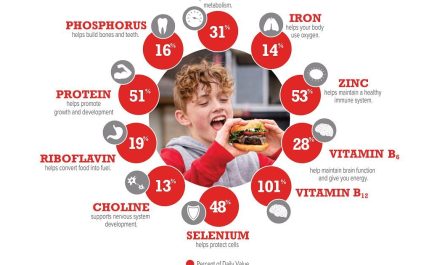As an athlete, maintaining a healthy diet is essential for optimal performance and recovery. Proper nutrition not only fuels your body for intense workouts and competitions but also plays a crucial role in reducing the risk of injury and improving overall health. Here are some key nutrition tips that every athlete should incorporate into their daily routine:
1. Focus on Macronutrients
Protein, carbohydrates, and fats are the three macronutrients that should make up the bulk of your diet as an athlete. Protein is essential for muscle repair and growth, while carbohydrates provide energy for your workouts. Healthy fats are also important for hormone production and joint health. Aim to include a source of each macronutrient in every meal to support your performance and recovery.
2. Hydrate Properly
Staying hydrated is key for optimal athletic performance. Dehydration can lead to fatigue, muscle cramps, and decreased performance. Make sure to drink plenty of water throughout the day, especially before, during, and after exercise. Electrolyte-rich beverages can also be beneficial for replenishing lost minerals during intense workouts.
3. Eat a Variety of Fruits and Vegetables
Fruits and vegetables are packed with essential vitamins, minerals, and antioxidants that can help boost your immune system and reduce inflammation. Aim to include a variety of colors in your diet to ensure you’re getting a wide range of nutrients. Incorporating a serving of fruits and vegetables into every meal can help support your overall health and recovery.
4. Timing is Everything
When it comes to nutrition for athletes, timing is crucial. Consuming a balanced meal or snack before and after exercise can help fuel your workouts and optimize recovery. Aim to eat a combination of protein and carbohydrates within 30 minutes to an hour post-exercise to maximize muscle repair and glycogen replenishment.
5. Avoid Processed Foods
Processed foods are often high in added sugars, unhealthy fats, and artificial ingredients that can negatively impact your performance and recovery. Opt for whole, nutrient-dense foods like lean proteins, whole grains, and healthy fats to fuel your body and promote optimal health. Limiting your intake of processed foods can help improve your energy levels, focus, and overall well-being.
6. Listen to Your Body
Every athlete is different, and what works for one person may not work for another. Pay attention to how your body responds to different foods and eating patterns, and adjust your nutrition accordingly. Experiment with different meal timing, portion sizes, and nutrient ratios to find what works best for you and supports your athletic goals.
7. Consider Supplementing Wisely
While a well-rounded diet should provide most of the nutrients you need as an athlete, certain supplements can be beneficial for filling in any gaps. Consult with a healthcare professional or registered dietitian to determine if you could benefit from supplements like protein powder, creatine, or omega-3 fatty acids. Remember that supplements should never replace a healthy diet but can complement it when used strategically.
Overall, prioritizing proper nutrition as an athlete is essential for reaching your full potential and maintaining optimal health. By focusing on macronutrients, staying hydrated, eating a variety of fruits and vegetables, timing your meals effectively, avoiding processed foods, listening to your body, and considering supplements wisely, you can fuel your body for success both on and off the field.




